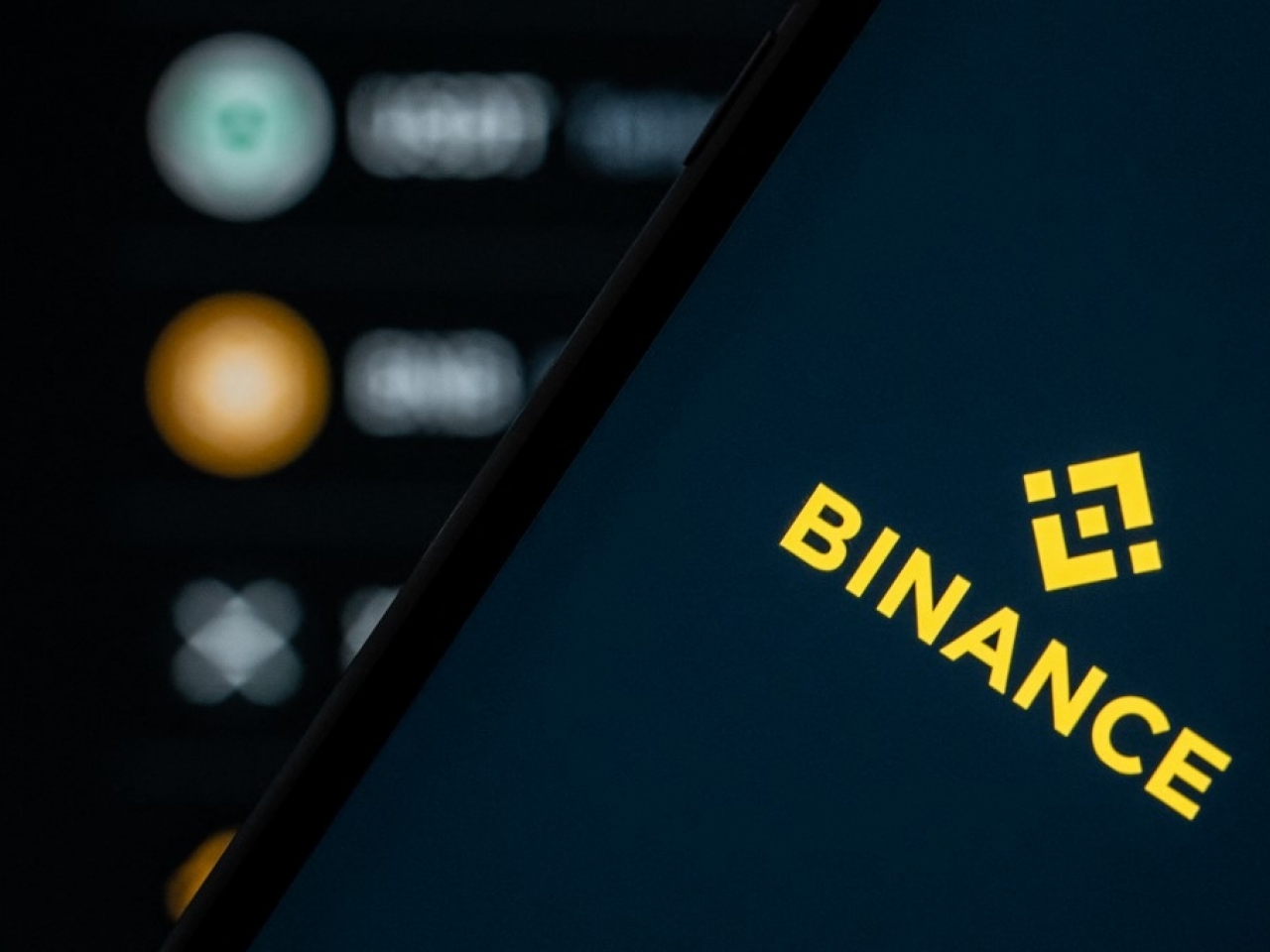Several brain holes launched by Libra: Will Bitcoin become a "digital artifact"?
Libra's launch is epoch-making, and even if it is a supervised sledgehammer from birth, it is important that Libra inspires us to think about the future financial society. Facebook with 2.7 billion users is more like a gun, and innovators around the world will be eager to rebuild our society with blockchain and digital currency.
The following are a few brainstorming ideas and reasoning, some of which may be realized in the next few years, and some may never be realized, but this does not affect our thinking about the future.
Super sovereign currency is impossible to achieve
The news of Facebook launching the stable currency project Libra has caused many people to exclaim: the era of issuing a super-sovereign currency is coming soon. On the contrary, we believe that super-sovereign currency will never be realized.
As we all know, the value of money is supported by the country's credibility. The country's credibility is made up of state machines such as law, the military, courts, and prisons. These systems together protect your money and property, but they do not guarantee the value of a super-sovereign currency. Even at the regulatory level, it will not recognize the legality of super-sovereign currency.
- Can US idle home appliances provide years of energy for Bitcoin? Cambridge University Innovation BTC Mining Index
- Trading cryptocurrencies on ATM machines, this feature will be available in the next 170,000 machines
- In the first half of the year, there were a total of 408 blockchain application projects: 10 top fields of finance, government affairs, and traceability to the top three
Suppose you have spent the Q coins, the merchants have not given you the corresponding products, and after the irreconcilable disputes, the trials by the law enforcement agencies can recover the losses. However, if the Q currency is not approved by the regulatory authorities, it will not apply to relevant laws and regulations. There is no way to protect your rights and interests. The public's consensus on the value of the digital currency will inevitably decrease. In the long run, the price will inevitably return to zero.
Therefore, private companies and individuals can never issue a super-sovereign currency because they do not have the power to enforce the law.
Countries will definitely issue central bank digital currency
In January this year, a report issued by the BIS of the Bank for International Settlements showed that 70% of central banks around the world are conducting research on CBDC (central digital currency). We conservatively estimate that CBDC is likely to be available in the next 10 years.
CBDC temptation and risk coexist. There are many resistances to launch CBDC: 1. Performance issues: The current blockchain system processing performance may not be enough to support the astronomical number of currency settlements within a country. 2. Anonymity: Due to anti-money laundering and counter-terrorism financing needs, the central bank's digital currency must first resolve the issue of anonymity and establish an official digital identity for each citizen. This work may take several years. 3. Transparency issue: If the public chain program is adopted, it is equivalent to publicizing the national economic data, which is not conducive to social and economic stability.
The advantages of CBDC are also obvious. At present, mobile payment is developing rapidly, and the whole society is rapidly entering a cashless life. CBDC is safer and more regulated, which will stimulate more financial derivatives industries and greatly improve circulation efficiency. Due to the need of international competition, there will be a national central bank to issue CBDC first.
A central bank digital currency and 2-3 stable currencies
In addition to the central bank's digital currency (which can be called the only Coin), the competition between other currencies (Token) is basically in line with Hayek's currency non-state assumptions. It depends on which Tokens have the largest consensus and the most widely distributed value, and they can win in the competition of countless Tokens.
We predict that the currency composition within a country in the future may well be a central bank digital currency plus 2-3 stable currencies. Stabilized coins are issued under a strict regulatory framework in the form of mortgaged real assets, and are applicable to the payment and value storage of specific ecosystems. The reason why the currency is stabilized is because the price fluctuation is too large and the payment is inevitably not used.
Who is likely to be the issuer of these 2-3 stable coins, if the current constant view, the domestic is the BAT level player. Only with the giants of massive users, it is possible to play with the ecosystem, give more consensus to the stable currency, and develop more ecological scenarios. Therefore, the future financial currency competition is still a traffic dispute, which is one of the reasons why Facebook is eager to release Libra.
Bitcoin will become a kind of "digital artifact"
At the just-concluded Asian blockchain summit, Nouriel Roubini, who is known as the “Dr. Doom”, insists that bitcoin will definitely return to zero. From a logical perspective, with the issuance of the central bank's digital currency, its payment attributes are weakened, and the bitcoin supported by weak values does have the possibility of zeroing, but we believe that bitcoin is more likely to be called a collectible.
In the art collection market, the practical value of many calligraphy and painting artifacts is far from worth mentioning. Even if you add ornamental value, you can't often shoot high prices. The value of art collections is also based on consensus. This consensus may be the story behind the product. It may be that everyone worships the ancients, or even a certain national complex, which together supports a high price.
Bitcoin also has this possibility and becomes a kind of “digital artifact”. Many people around the world are its fans. Because bitcoin is scarce, even if it can only be used for speculation, there will be people coming in and out. The possibility that Bitcoin's value is zero will be relatively small, but the price trend will remain in a state of no regularity.
Trading platform becomes the only financial intermediary
In order to regulate the savings and investment of the whole society, there are many intermediaries in today's financial system, including commercial banks, investment funds, third-party payment, and many other departments, which also swept the countless financial practitioners. This situation may change in the era of digital currency.
The premise of this change may be the realization of digital identity and asset chaining. When our education, work, property, deposits and other information are all written into the blockchain, and after comprehensive dataization and tokenization, personal credit information Repayment potential and development potential can be reflected in the system.
The only financial intermediation in the future may be a regulated trading platform. Similar to the establishment of the Shanghai Stock Exchange and the Shenzhen Stock Exchange, people will realize all mortgages, loans and repayments in a few trading platforms. , financial activities such as investment, dividends, transactions, etc., all contracts are written into the smart contract enforcement, and when necessary, can also access the information system of law enforcement agencies to achieve fully automated and market-oriented financial flows.
This article was originally produced by ZB Research Institute.
We will continue to update Blocking; if you have any questions or suggestions, please contact us!
Was this article helpful?
93 out of 132 found this helpful
Related articles
- Facebook official announced that "will not give up Libra", Zuckerberg is determined to "block bullets" for Bitcoin
- Both are 2019, will you also recommend newbies to buy Bitcoin?
- Research Report | Digital Pass Industry Status and Blockchain Index Product Inventory
- The first half of the open market financing totaled $2.59 billion behind: Algorand only ranked fifth, STO nobody cares
- [Chainge] Technical Salon Roundtable "DeFi: Decoding New Opportunities for Cross-Chain Investment"
- Why don't I recommend that you touch the "good project" of cryptocurrencies?
- Babbitt column | The most complete analysis: a clear view of Libra panorama





